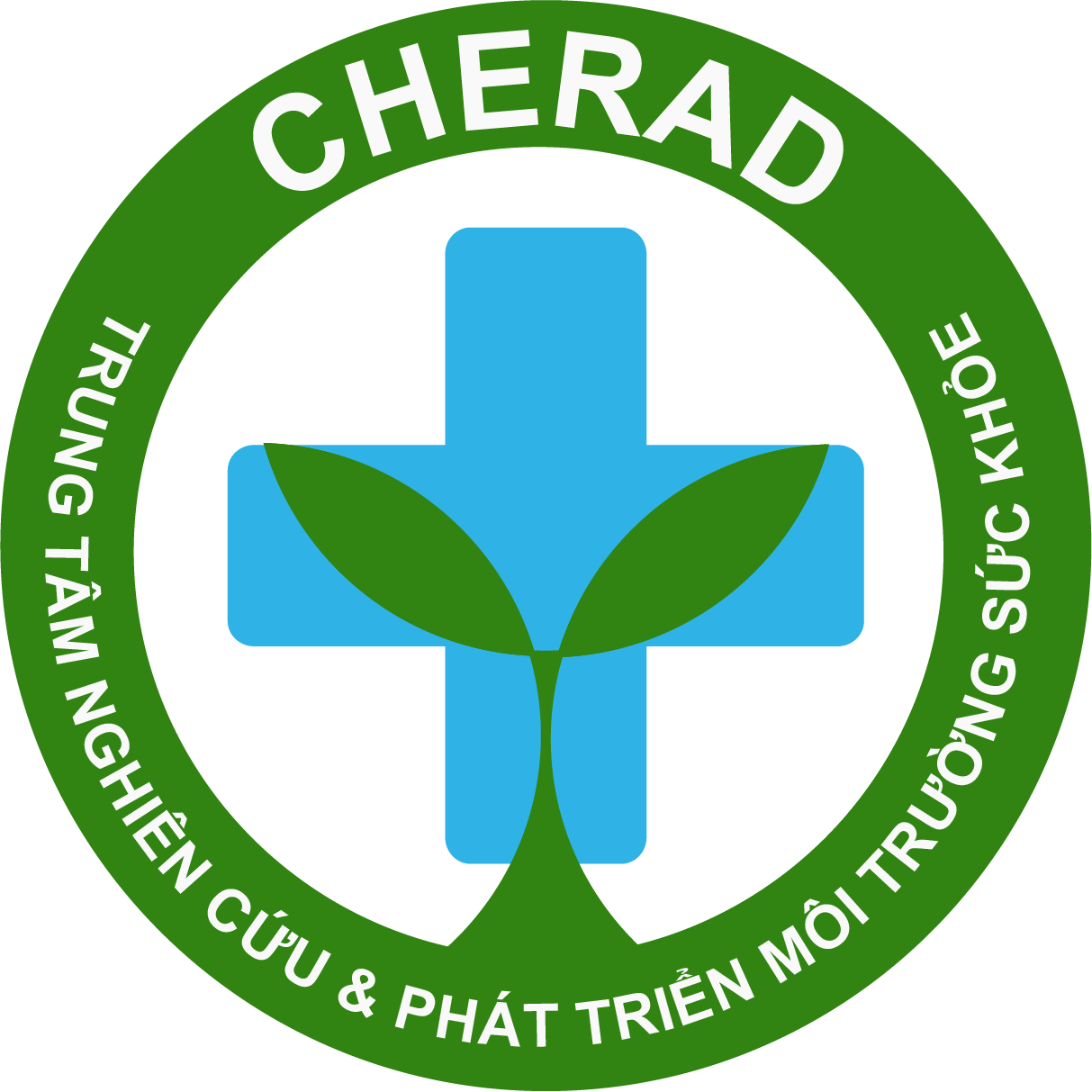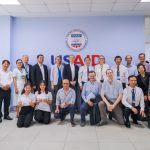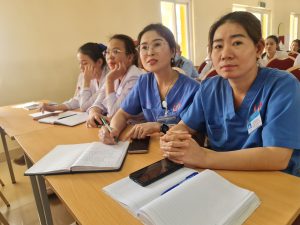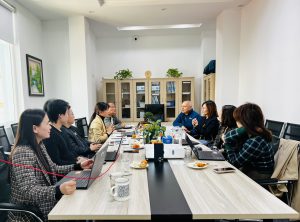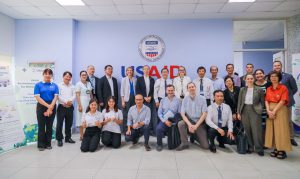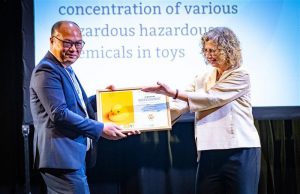VHO – In Vietnam, about 2.8 million tons of plastic are released into the environment each year (approximately 7800 tons/day). Plastic waste accounts for 8-12% of total domestic waste. Out of 80% of single-use plastic, only 17% of plastic bags are reused, only about 10% of plastic waste is recycled.
The information was given at the “Dialogue on plastic and plastic waste – Policy gaps need to be narrowed” organized by the FOR VIETNAMESE STATURE FOUNDATION (VSF) on February 28 in Hanoi. Currently, the treatment of medical waste and plastic waste by burning is still common. Up to 94% of the waste in the riparian and coastal areas of Vietnam is plastic waste, of which the majority is single-use plastic.
At the dialogue, Assoc. Prof. Dr. Nguyen Huy Nga – Director of the Center for Health Environment Research and Development (CHERAD) especially emphasized the impact of plastic waste on the environment and human health. He said the risk from plastic waste affects health throughout the waste treatment cycle from collection to transport, sorting, washing, heating and melting of plastic.
Studies show that people working in the environment or in direct contact with plastic waste have an increased risk of cardiovascular and respiratory diseases, and effects on the skin, eyes and other sensory organs, digestive system, nervous system, immune system and kidneys, etc. and even cause genetic mutations. Plastic particles include micro- and nano-plastic particles that can enter the human body through the digestive tract, inhaled and absorbed through the skin, causing stress, causing cytotoxicity. Change metabolism and energy balance, disrupt cancer-causing immune function. Moreover, plastic waste is also a medium for the transmission of harmful chemicals and microorganisms.
From these serious impacts, Assoc. Prof. Dr. Nguyen Huy Nga made some policy recommendations such as developing guidelines on circularity and plastics; Developing a network of research and innovation in plastics; Develop technical standards for plastic products and recycled plastics; It is necessary to promote the development and application of materials and products to replace plastic materials and products before pollution from plastic waste; … “In order to reduce plastic waste and plastic pollution, each individual must have their own ideas. participate in environmental protection, do not use single-use plastic products” – Assoc. Prof. Dr. Nguyen Huy Nga emphasized.
Regarding plastic waste management policy in Vietnam, Ms. Kim Thuy Ngoc – Head of International Cooperation Planning Department, Institute of Strategy and Policy on Natural Resources and Environment (ISPONRE) also proposed a number of recommendations to the authorities and businesses. It also points out the gaps that still exist in the legal regulations. For example, there are currently supportive policies for waste recycling, but there is a lack of specific guidelines for accessing incentives under the Law on Environmental Protection and guiding documents. enforce. Lack of guidelines on the selection of recycling technology, solid waste treatment; lack of standards and regulations for recycled products. Regulations related to recycling responsibilities and handling responsibilities of manufacturers, importers, producing organizations and individuals need more specific guidance to be able to apply in practice.
In Vietnam, $2.2 billion is spent each year on inefficient recycling. Vietnam is facing many challenges in the fight against plastic pollution. Ms. Ngoc proposed to increase taxes on plastic bags and single-use plastic products to reduce consumption.
The dialogue received enthusiastic comments from reporters who are members of the Network “Female Reporters Action to Reduce Plastic Waste”. Reporters also shared real stories from their mission trips on environmental issues, difficulties and challenges encountered. There are still many difficulties and gaps to bring the policy closer to reality. However, there are also bright spots that are models and projects that need to be replicated. With the approach of journalists and media activities, we hope to guide and guide the actions and reactions of public opinion so that the whole society can join hands to reduce plastic waste.
Thom Nguyen – Q.Hoa
According to Culture Newspaper
Vẫn còn nhiều khoảng trống chính sách về rác thải nhựa (baovanhoa.vn)
